- Home
- slideshows
- miscellaneous
- 7 quotes from Gandhi that show why he's so revered - and 2 favorites that he probably never said
7 quotes from Gandhi that show why he's so revered - and 2 favorites that he probably never said
"My life is my message."

“What is true of individuals is true of nations. One cannot forgive too much. The weak can never forgive. Forgiveness is the attribute of the strong.”
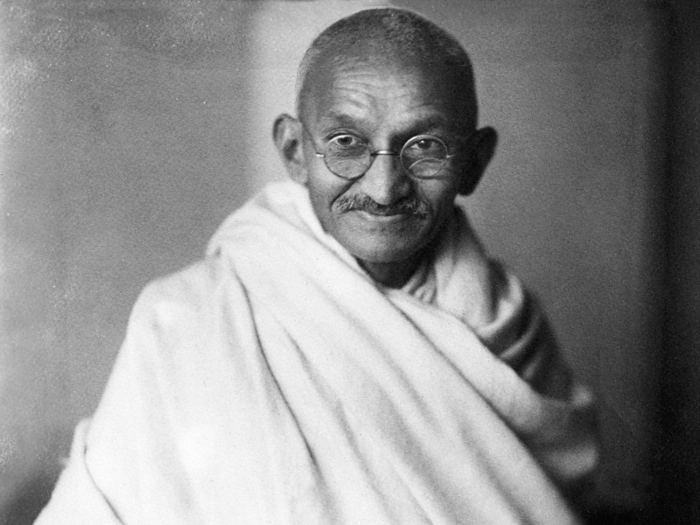
In Volume 51 of the Collected Works of Mahatma Gandhi, Gandhi is interviewed in 1931 about the execution of Bhagat Singh, an Indian socialist revolutionary who was hanged at age 23. This was Gandhi's reply to a question about whether forgiveness of an oppressive government was possible.
"You must not lose faith in humanity. Humanity is an ocean; if a few drops of the ocean are dirty, the ocean does not become dirty."
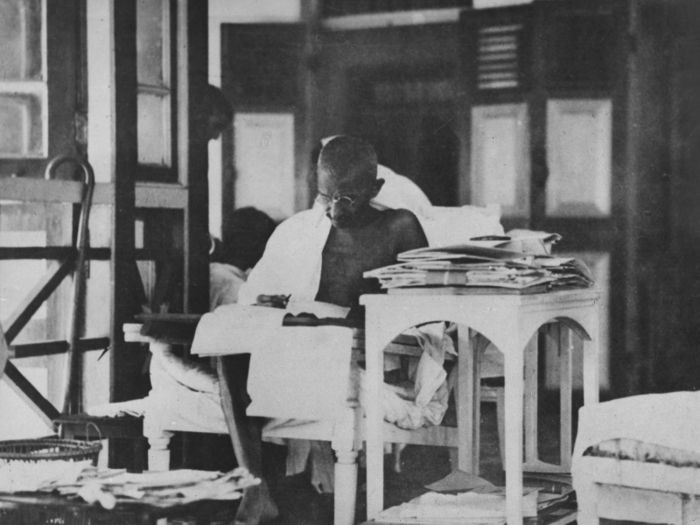
Gandhi wrote many letters to Rajkumari Amrit Kaur, who served as his secretary during his later years. Before Gandhi's death in January 1948, she became India's first Minister of Health. According to Mahatma Gandhi to Rajkumari Amrit Kaur, Gandhi wrote this letter on August 29, 1947, months before he was assassinated.
"To call woman the weaker sex is a libel; it is man's injustice to woman. If by strength is meant brute strength, then, indeed, is woman less brute than man. If by strength is meant moral power, then woman is immeasurably man's superior."
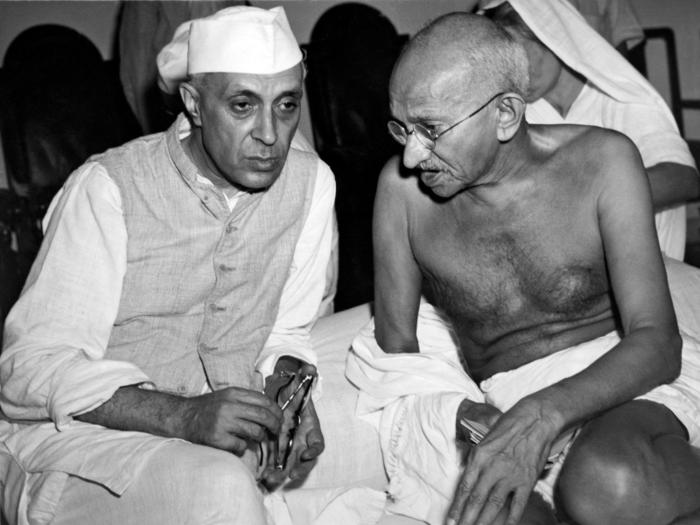
Gandhi was a stronger believer in women joining the movement for Indian independence. He wrote these words in his weekly newspaper, Young India, on April 10, 1930.
"There is no principle worth the name if it is not wholly good. I swear by non-violence because I know that it alone conduces to the highest good of mankind, not merely in the next world, but in this also. I object to violence because, when it appears to do good, the good is only temporary, the evil it does is permanent."
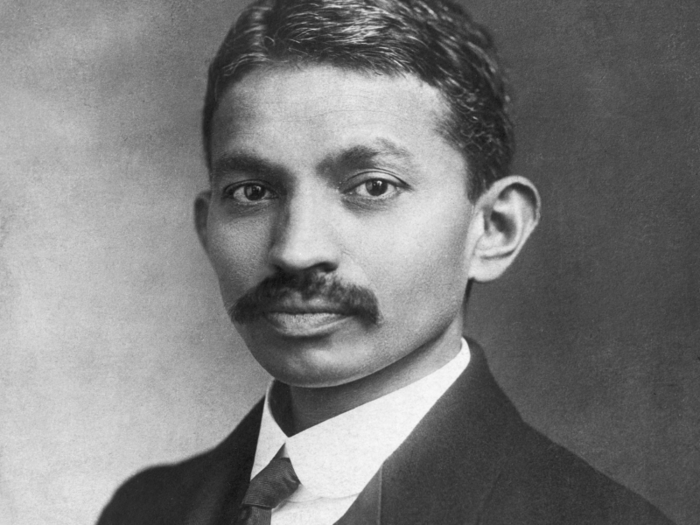
In an earlier issue of Young India, from May 21, 1925, Gandhi outlines his philosophy of nonviolence.
"It is unwise to be too sure of one's own wisdom. It is healthy to be reminded that the strongest might weaken and the wisest might err."
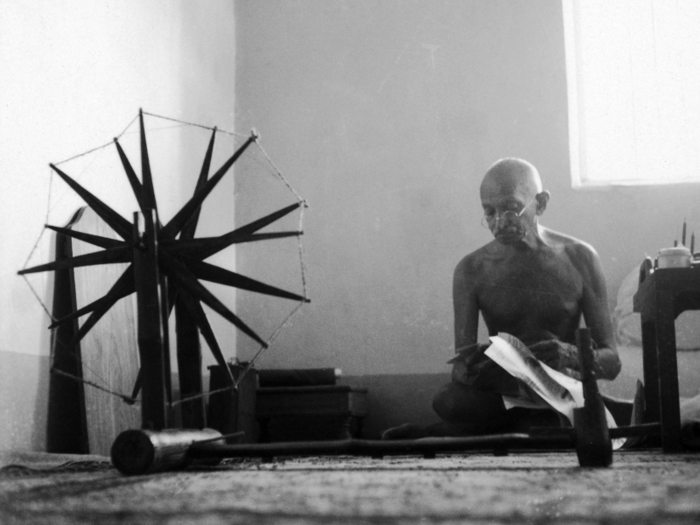
In addition to publishing Young India, Gandhi created an English-language weekly paper, Harijan, in 1933. These words appeared in an issue dating from February 17, 1940.
"I regard myself as a soldier, though a soldier of peace."
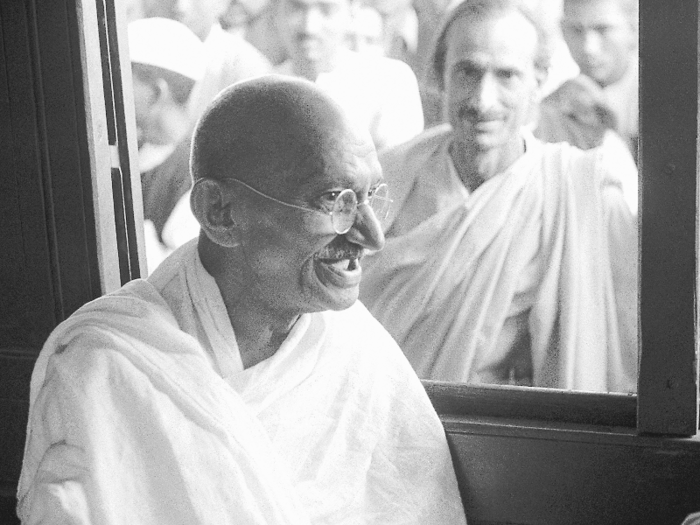
In December 1931, Gandhi, who was already well-known in Europe, visited Geneva, Switzerland. In a speech at Victoria Hall, Gandhi discussed his non-violent views through an unexpected metaphor.
“Be the change that you wish to see in the world.”
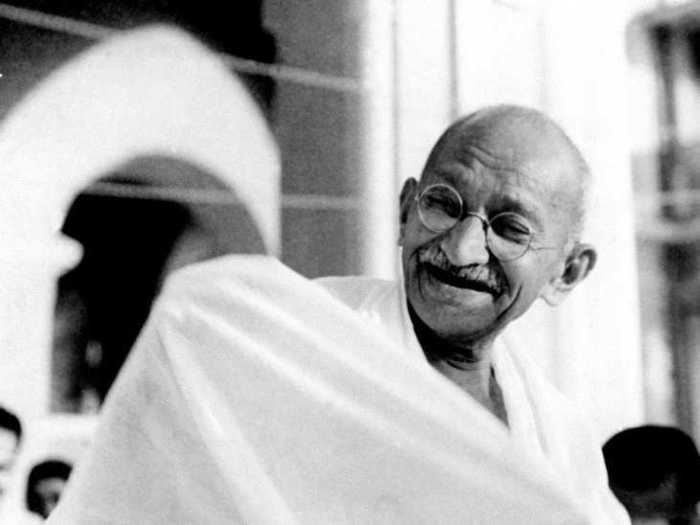
According to the New York Times, Gandhi's most famous quote has no clear origin, so Gandhi probably never said it. Gandhi did, however, say this: "If we could change ourselves, the tendencies in the world would also change. As a man changes his own nature, so does the attitude of the world change towards him. ... We need not wait to see what others do."
“An eye for an eye will only make the whole world blind.”
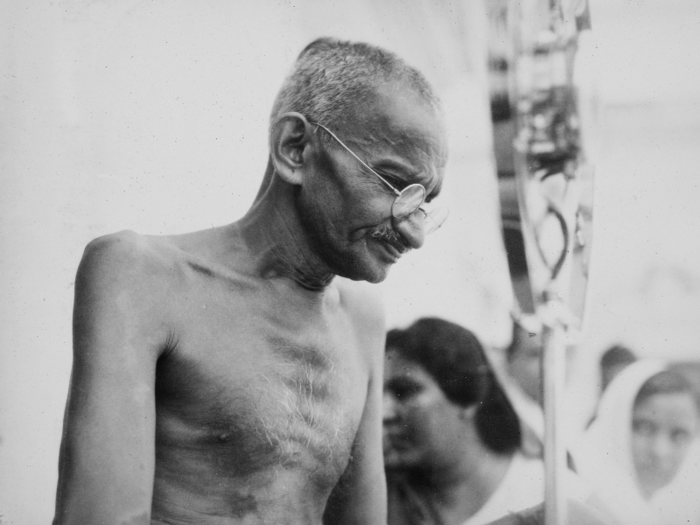
Like some of his other sayings, this quote was probably not spoken by Gandhi, according to the Yale Book of Quotations. In the 1982 biopic "Gandhi," actor Ben Kingsley, portraying Gandhi, utters these words, but there's no documented proof of Gandhi himself saying them.
The first known person to use this play on the Old Testament is a Canadian senator named George Perry Graham. During a meeting in the Canadian House of Commons in 1914, Graham said, "If…we were to go back to…'an eye for an eye and a tooth for a tooth,' there would be very few [Honorable] Gentlemen in this House who would not…be blind and toothless."
Popular Right Now
Advertisement